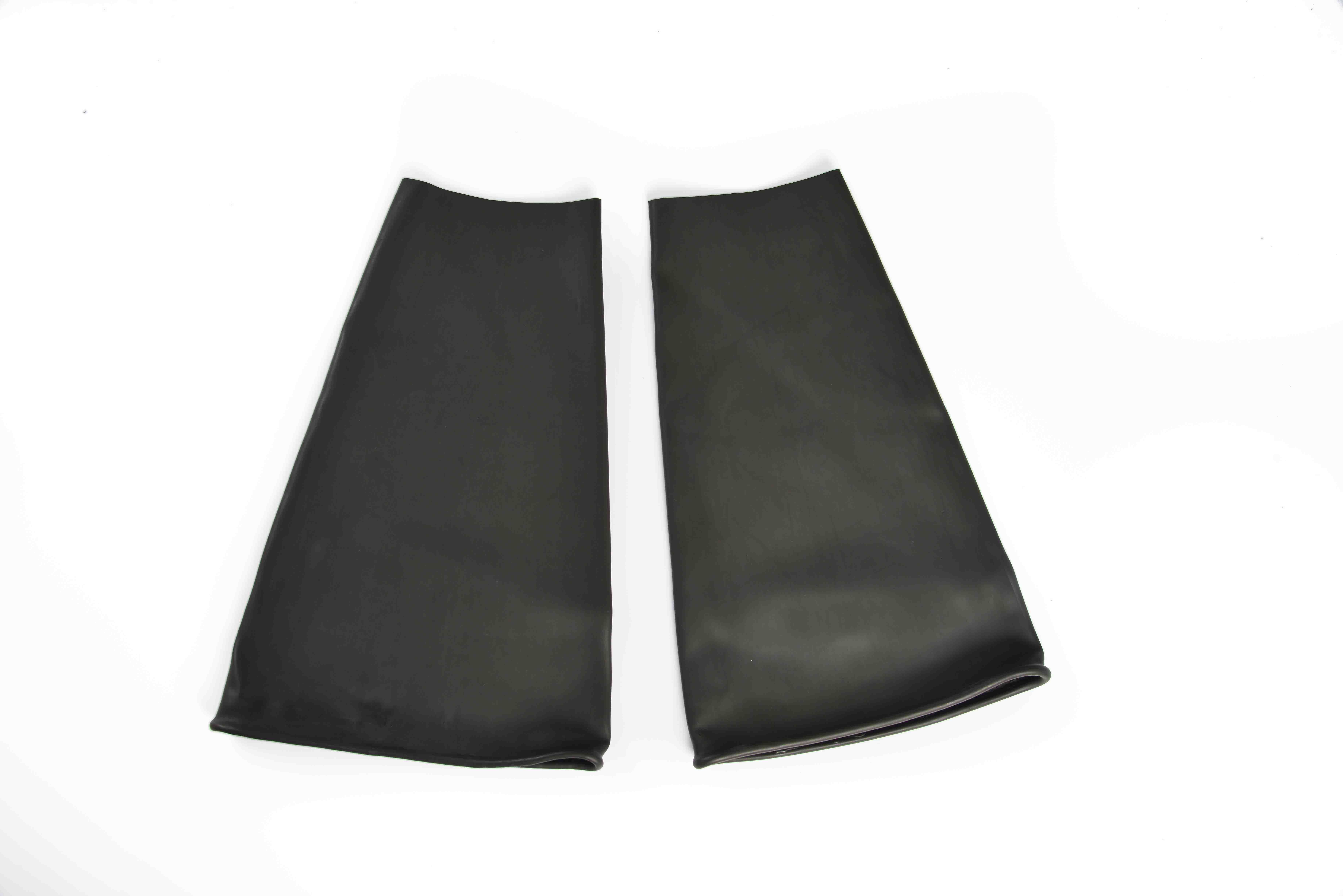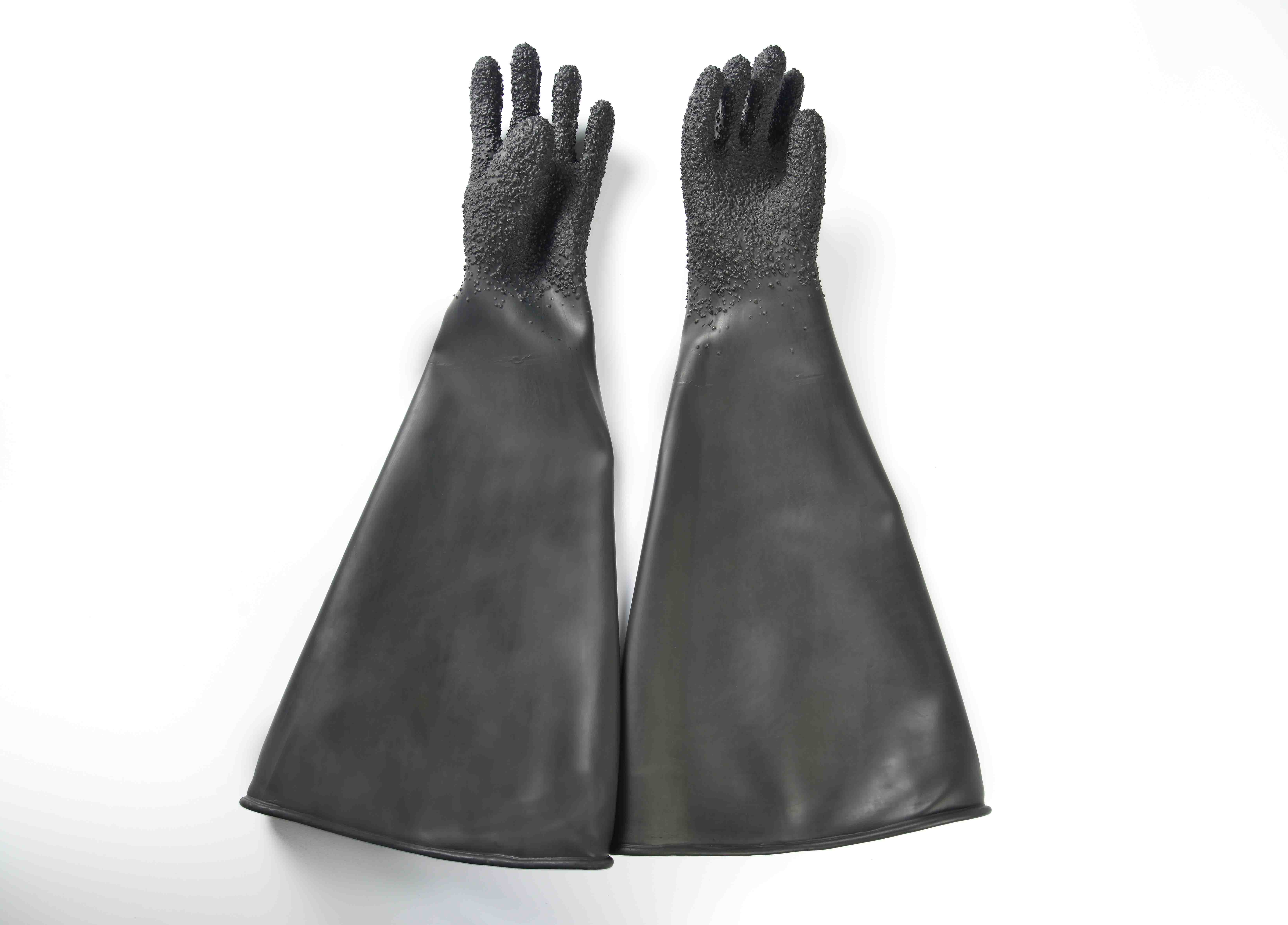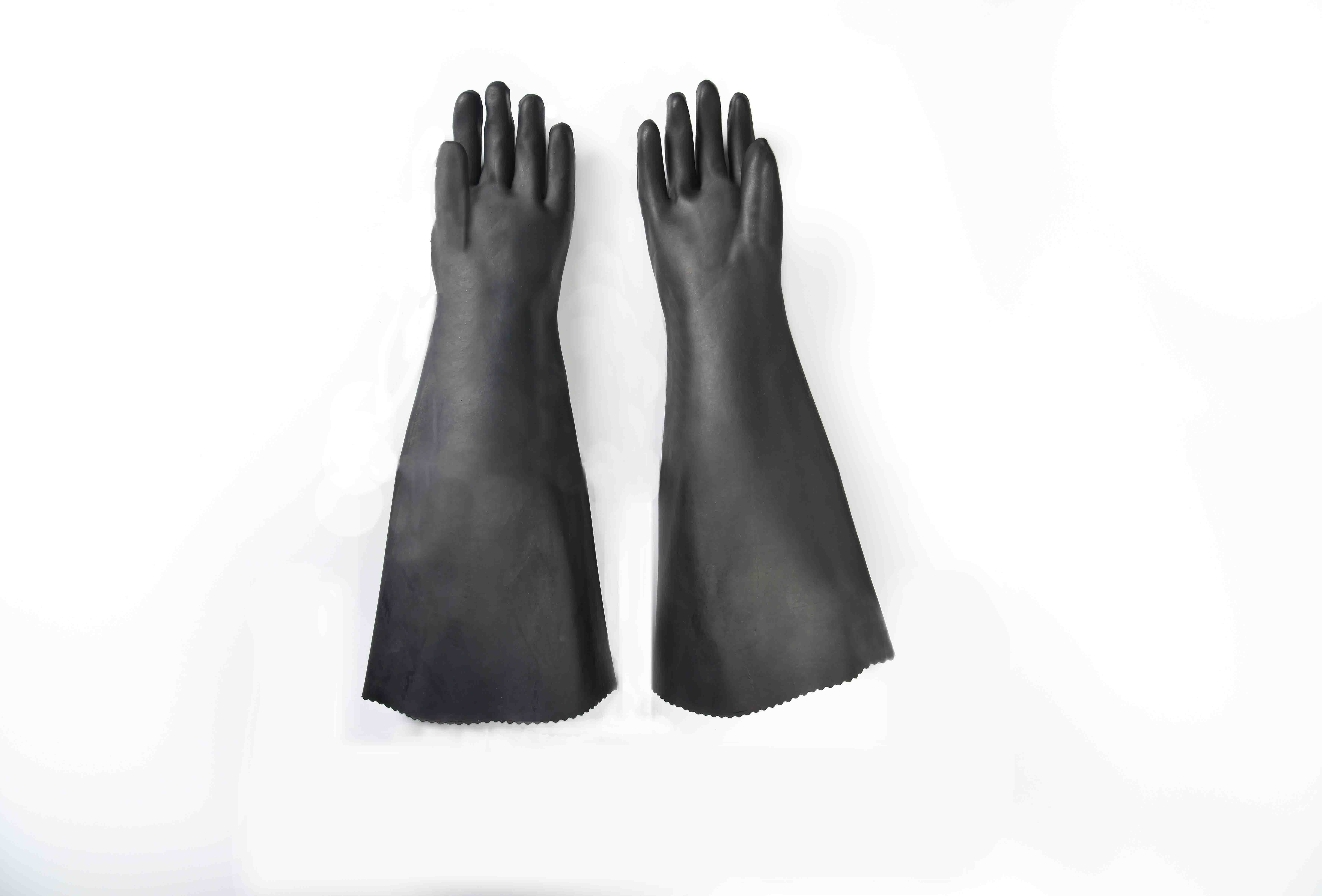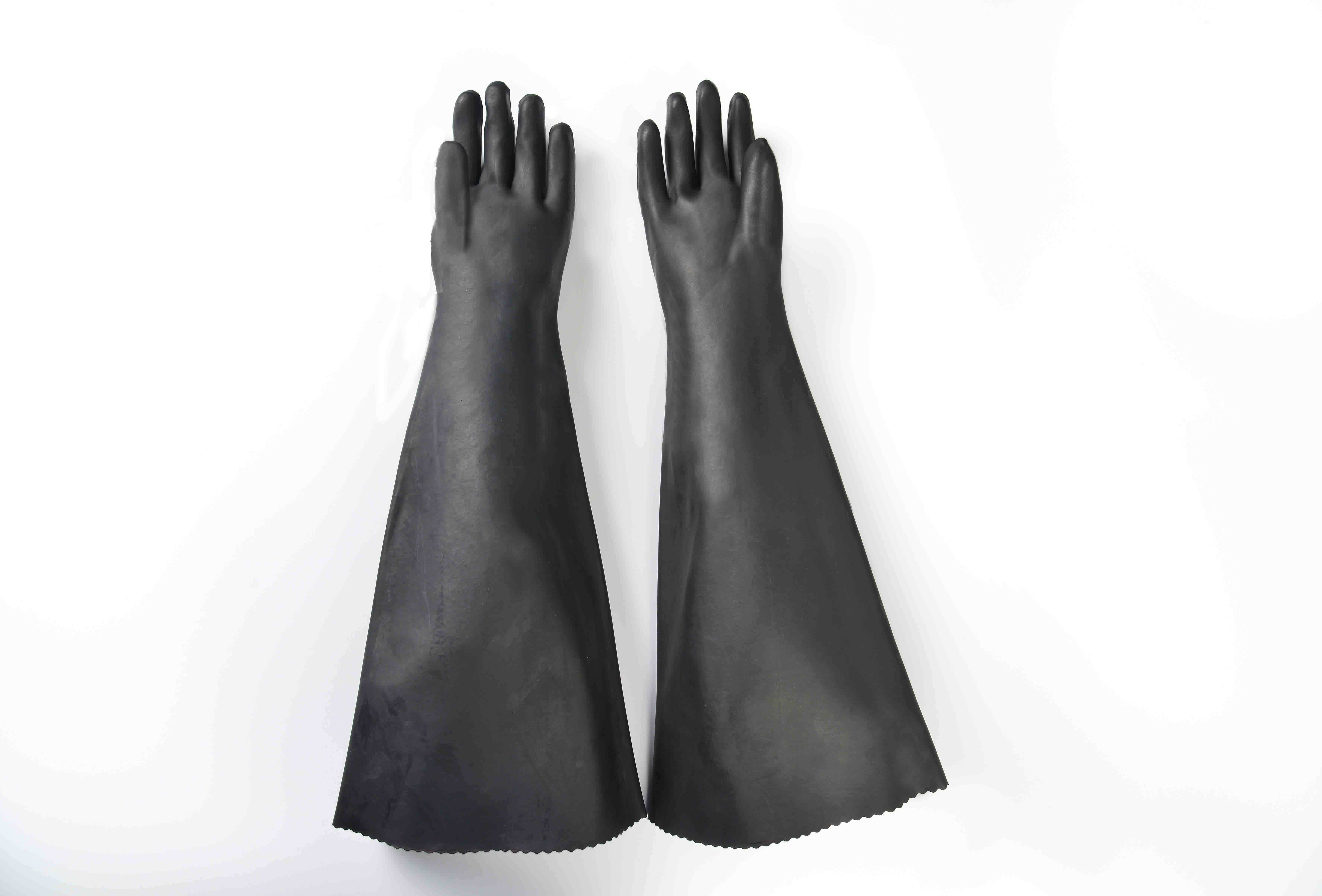China wholesale for Isolater rubber sleeve in Botswana
Short Description:
14″ length (35cm), black, smooth finish, seamless, no cotton lining, 350g/pair, cuff perimeter:61cm, double layer thickness:2.2mm. 40 pairs/case. Net weight: 12.8kg/case, gross weight: 13.8kg/case. It can be suitable for sand blasting machine, dry box, isolater operation for arm protection.
Product Detail
FAQ
Product Tags
We keep improving and perfecting our products and service. At the same time, we work actively to do research and development for the new products. China wholesale for Isolater rubber sleeve in Botswana, If you are interested in any of our products and services, please don't hesitate to contact us. We are ready to reply you within 24 hours after receipt of your request and to create mutual un-limited benefits and business in near future.
14″ length (35cm), black, smooth finish, seamless, no cotton lining, 350g/pair, cuff perimeter:61cm, double layer thickness:2.2mm. 40 pairs/case. Net weight: 12.8kg/case, gross weight: 13.8kg/case. It can be suitable for sand blasting machine, dry box, isolater operation for arm protection.
FAQ Content
From PBS – Visit the abandoned immigrant hospital on Ellis Island. During the great wave of immigration, 22 medical buildings sprawled across two islands adjacent to Ellis Island, the largest port of entry to the United States. Massive and modern, the hospital was America’s first line of defense against contagious, often virulent, disease. In the era before antibiotics, tens of thousands of immigrant patients were separated from family, detained in the hospital and healed from illness before becoming citizens. FORGOTTEN ELLIS ISLAND is a powerful reminder of the best — and worst — of America’s dealings with its new citizens-to-be. Elliott Gould narrates.
http://www.fashion-style.com.pl/prod.php?lang=pl&fs=977
http://www.fashion-style.com.pl/prod.php?lang=en&fs=977





